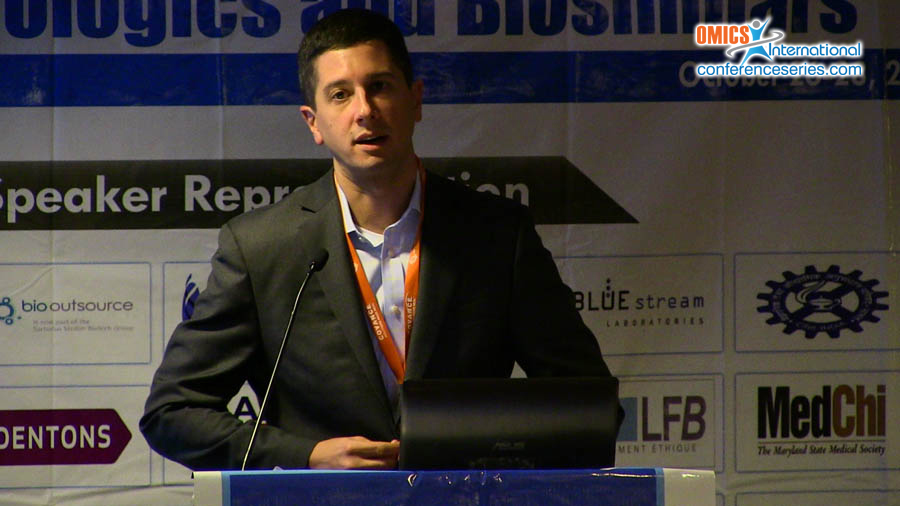
Biography
Biography: Alex Brill
Abstract
Drug manufacturers have recently begun submitting biosimilar applications to the Food and Drug Administration (FDA), leading many to believe that a robust U.S. biosimilar industry and substantial health savings are right around the corner. In this paper, I present an empirical assessment of the viability of biosimilars in the U.S. market and caution against such optimism given biosimilars’ considerable development costs, moderate expected market share, and diminished profit margins relative to a typical biologic. Federal regulatory burdens (biosimilar naming and clinical testing requirements), statutory burdens (State laws intended to restrict biosimilar substitution could have the effect of hindering market uptake of biosimilars) and natural market risks (payment and coverage decisions by payors) all serve as potential impediments to biosimilar market uptake in the U.S. In this paper, I present the results of a break-even analysis in which I test the economic viability of biosimilars in the United States. This analysis shows that a biosimilar manufacturer would not find it worthwhile to enter the U.S. market for most average (by sales) biologics even under favorable market conditions. Under potential regulatory and market constraints that limit biosimilar market share, only the largest biologics (average annual sales greater than $1.3 billion) are expected to attract biosimilar competition. The paper concludes that adverse decisions by policy makers and effective dissuasion by biologics manufacturers not only may impede biosimilar market share, but may stifle market entry altogether for many products.

